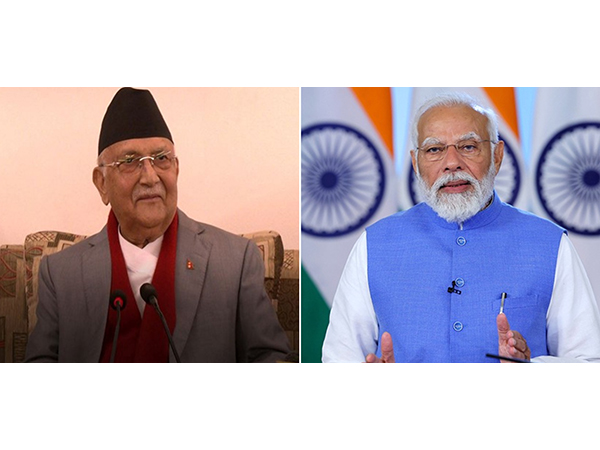For West, China dangerous rival rather than favourite investment destination-Report
Feb 01, 2022

Beijing [China], February 1 : China once considered a favourite investment destination for countries in the West, has now turned into a dangerous rival, according to a report in the National Interest magazine.
Since 2016, Apple alone is reported to have invested USD 275 billion in China. All the world's iPhones are Chinese-made. In addition to 10,000 direct employees, Apple's extended supply chain for the manufacture of products engages more than 1 million Chinese workers.
The rug has been pulled out from under the feet of Apple and all those Western investors that have built Chinese operations over decades writes Joseph Votel and Robert Saiding III for the National Interest.
Further, the private sector has learned that the long-term consequence of doing business with China produces not only profit, but intellectual property theft and rapidly increasing Chinese Communist Party (CCP) control over their businesses. It is estimated that the US alone loses from USD 225 billion to USD 600 billion annually to Chinese intellectual property (IP) theft.
Investors in China are also in the middle of the growing sanctions crossfire between China and the West. American businesses must comply with US human rights policy under the Uyghur Forced Labor Prevention Act, writes Joseph Votel and Robert Saiding III for the National Interest.
However, China's Communist Party (CCP) inspired consumer boycotts, or even IP theft, but control over data happens to be main challenge for the West.
Former Deputy National Security Advisor Matt Pottinger and David Feith have noted that data is "the oil of the 20th century...the indispensable resource that will fuel artificial intelligence algorithms, economic strength and national power."
Through a series of laws, the CCP has asserted legal control over all data in China. Apple and other foreign firms must keep China-sourced data in centres located inside the country with transfer out forbidden. Worst of all, the Chinese government has reserved the legal right to force transfer of such data to state-controlled entities, according to National Interest.
The long-term strategic implications are enormous. Data created and aggregated by Western investors in China can fall at any time under CCP ideological control. Data is essential for artificial intelligence to create new cutting-edge technologies.
Unlike natural resources and population inside the borders of a nation-state, data is not readily protected by a conventional military. Data is inherently borderless and invisible, stored in Clouds and devices that can potentially be accessed and manipulated from any point in the world. Access to data is essential for democracies and markets to flourish through the free exchange of information. Chinese control of big data enables ideological dominance not only over technological innovation but ultimately over what people can read, think, and believe, writes Joseph Votel and Robert Saiding III for the National Interest.
The challenge for the preservation of democratic values and freedoms is profound. The CCP could use an array of demagogic Lil Miquela's to influence and manipulate public opinion on the internet, undermining democratic values and legitimacy. The ultimate test for the West will turn out to be information war--not conventional or even cyberwar. That kind of contest cannot be fought with fighter aircraft, combat ships, and infantry. Democracy could be compromised without a shot fired, as analyzed by National Interest.



















